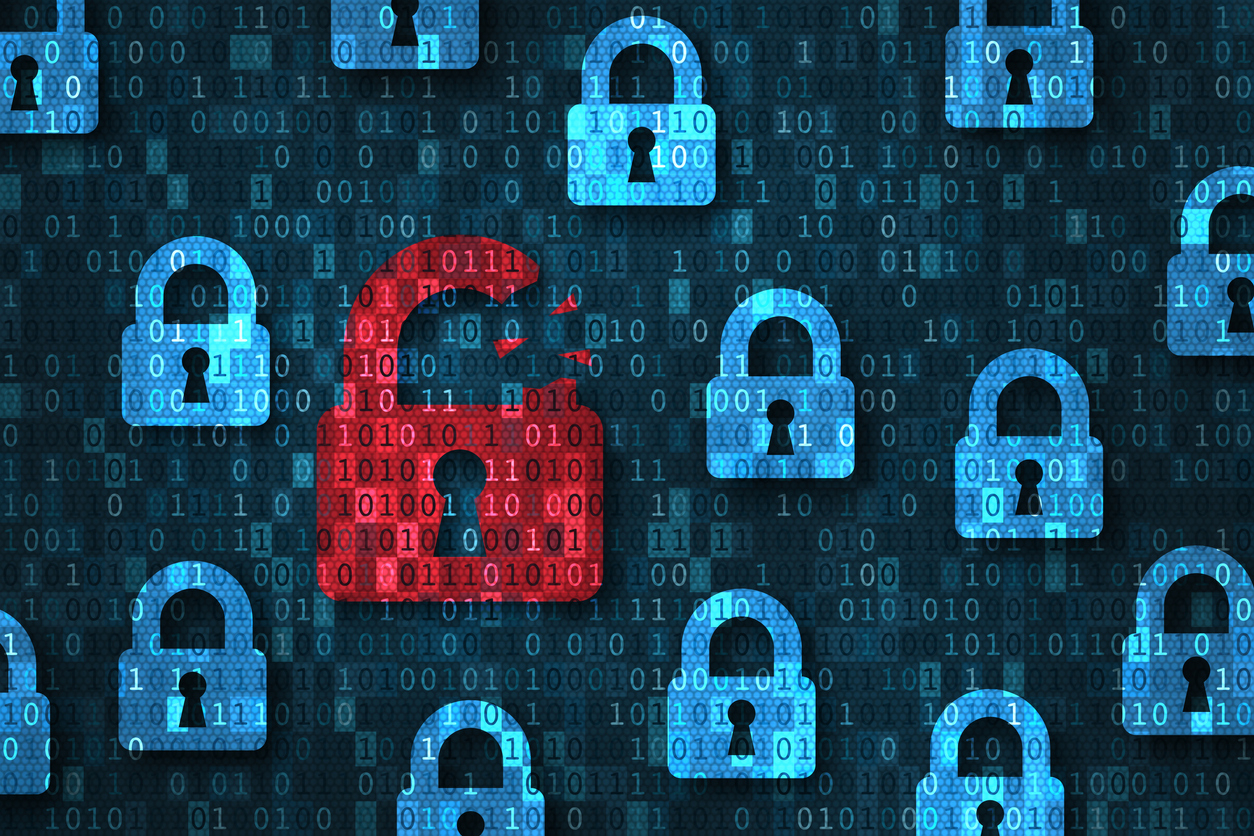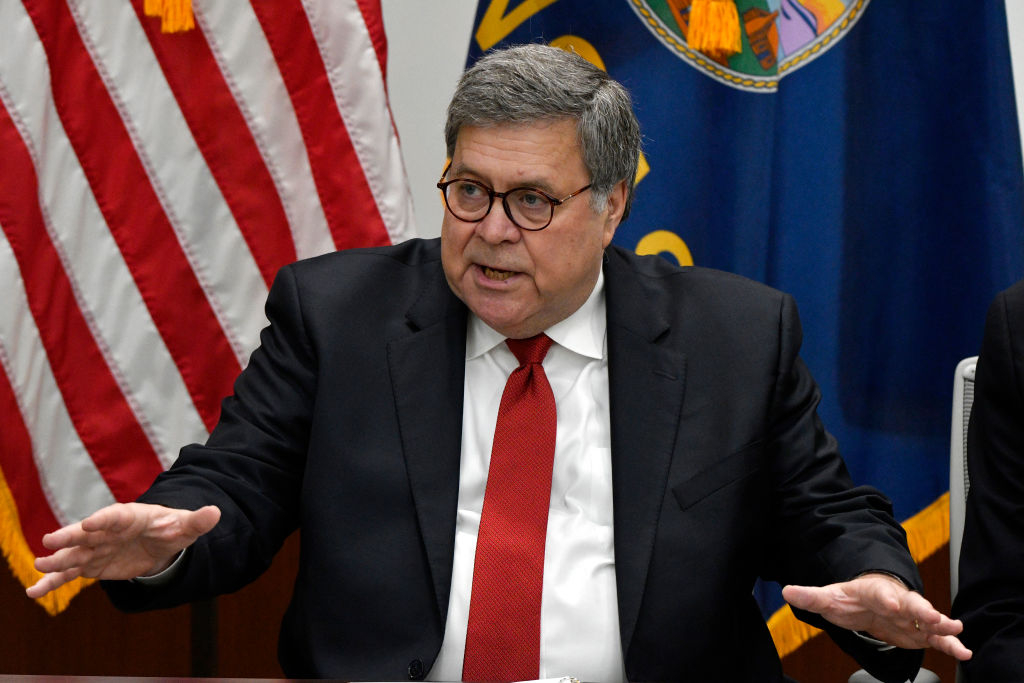In this mailing:
- Gordon G. Chang: The Big Hole in the China Trade Agreement
- Benjamin Weingarten: National Security Threat? Should the US Be Doing Business with China at All?
- Has the Driver of the Car Coming at You Just Smoked Cannabis?
by Gordon G. Chang • December 17, 2019 at 5:00 am
Moreover, China's officials, once they have encryption keys and access to the China network of a foreign firm, will be in a good position to penetrate the networks of that firm outside China. Therefore, Beijing will soon steal data stored on foreign networks and put companies, like Nortel Networks, out of business or ruin them to the point where Chinese entities can buy them up at reduced prices. Do we really want the Fortune 500 to be owned by China?
There is, of course, no point in including in the trade deal forced taking and intellectual property protections if they do not cover the cybersecurity rules.
Washington will have to do something fast to protect American businesses in China — and the American economy — because the Phase One deal is clearly inadequate. There is, after all, a big hole in the center of it.

China's officials, once they have encryption keys and access to the China network of a foreign firm, will be in a good position to penetrate the networks of that firm outside China. (Image source: iStock)
There's something missing from the "Phase One" trade agreement with China, announced Friday. And it's something critically important. Yet, Larry Kudlow, President Trump's director of the National Economic Council, appeared not to know about it afterwards.
"We will see," said Kudlow in response to Maria Bartiromo on "Sunday Morning Futures," her Fox News Channel show, as she asked him about Beijing's new "cybersecurity" rules. "There's a large IP chapter in this deal and there's also a large forced technology transfer chapter in this deal. I don't think we know enough about these new Chinese rules and we'll have to look at that and by the way if they do violate them of course we will take action."
Bartiromo was referring to two sets of Chinese rules. On December 1, Beijing implemented the Multi-Level Protection Scheme 2.0, issued pursuant to the 2016 Cybersecurity Law. On January 1, China's Cryptography Law becomes effective.
by Benjamin Weingarten • December 17, 2019 at 4:30 am
"What I really want to know about is the intellectual property [IP] part of this.... isn't it true that they've [China] just instituted their own new cyber security rules that are in place that say that no foreign company may encrypt data so it can't be read by the Chinese central government and the communist party of China? In other words, businesses are required to turn over the encryption keys. Are these new rules that China just put in place basically negating any opportunity for the U.S. to protect its IP?" — Maria Bartiromo, Sunday Morning Futures, Fox News Channel, Real Clear Politics, December 15, 2019.
China's 2015 National Security Law... says that all citizens, firms and organizations have "the responsibility and obligation to maintain state security." Its 2017 National Intelligence Law obligates such individuals and entities to "support, provide assistance, and cooperate in national intelligence work..." It is not hard to see how China could apply rules even beyond the Encryption Law to justify violations of a deal with the U.S. under the guise of "national security concerns," and the "rule of law."
"[T]heir own track record, as well as the practices of the Chinese government, demonstrate that Huawei and ZTE cannot be trusted." — US Attorney General William Barr; letter to the Federal Communications Commission, November 13, 2019.
How can the U.S. transact with China in any strategically significant area given the communist regime's aims, and its power over every Chinese entity? Is the US ultimately trading away its freedom?

According to U.S. Attorney General William Barr, "an untrusted provider could facilitate espionage (including economic espionage) and disruption of our critical infrastructure at the whim of a foreign power. In sum, their own track record, as well as the practices of the Chinese government, demonstrate that Huawei and ZTE cannot be trusted." (Photo by Ed Zurga/Getty Images)
As the world awaits the details of the Trump Administration's reported "phase one" trade deal with China -- U.S. officials expect it to be executed in January 2020 -- a more fundamental question arises: Should America be doing business with China in strategically significant areas, or even beyond?
December 17, 2019 at 4:00 am
Stay tuned for more on Gatestone's conference on the effects of Cannabis in 2020.

(Image source: iStock)
Stay tuned for more on Gatestone's conference on the effects of Cannabis in 2020.
|
|
|
No comments:
Post a Comment